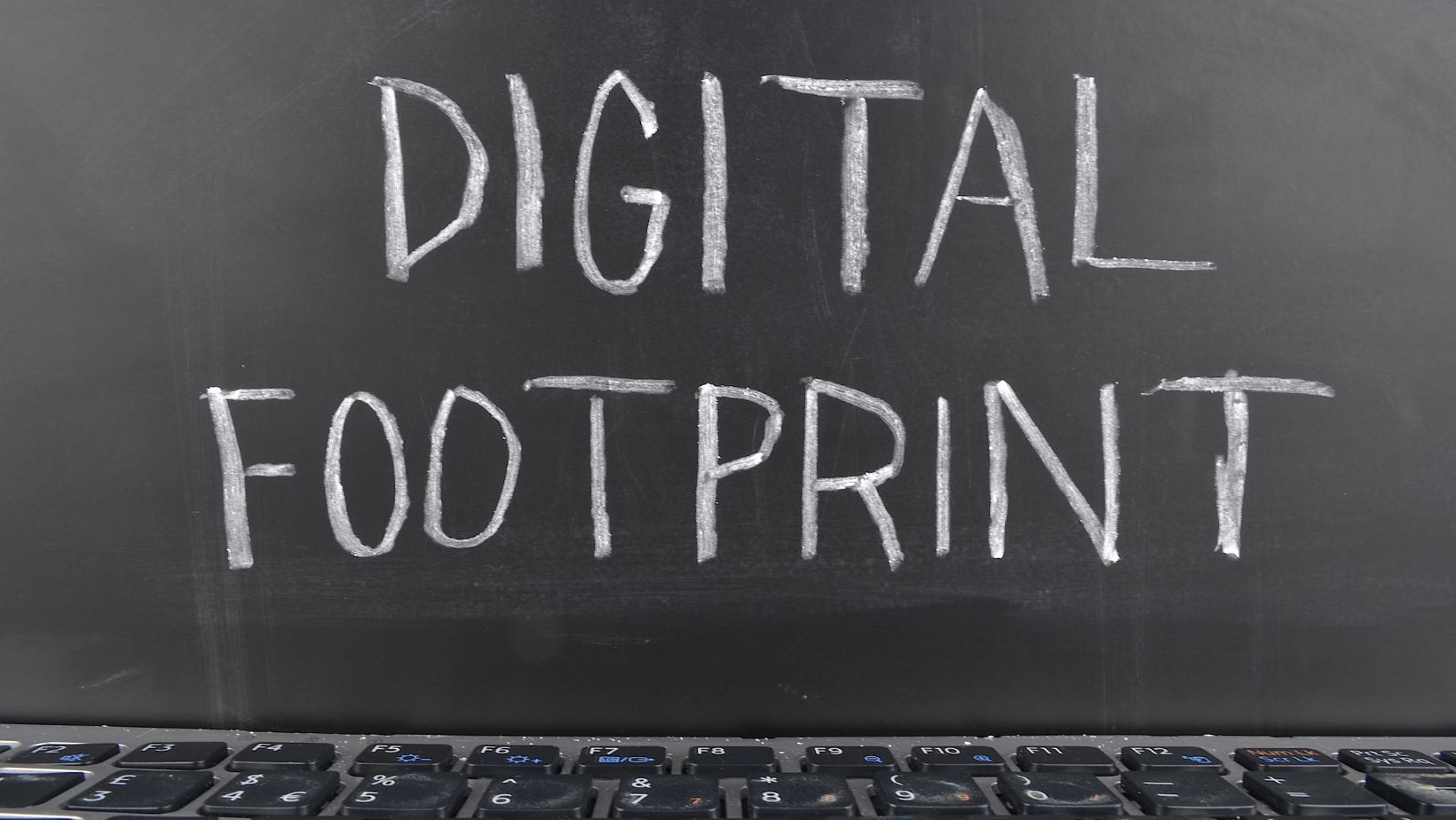Table of Contents
ToggleA New Trend in the Digital World
Think about all the things you do online – posting on social media, shopping, even browsing. These activities leave digital footprints, like virtual breadcrumbs that show where you’ve been and what you’ve done online.
Big companies have been using this information for years, mostly to show you ads or to understand what people like you want to buy.
But now, there’s a change happening. People are starting to make money off their own data. This new idea is called the personal data economy. Another way to earn fast cash is by playing casino games for real money. Here, you’re safe to play your favorite games from the luxury of your own home.
How You Can Make Money from Your Data
- Selling Data: There are new websites and apps where you can sign up, choose what info you want to share, and get paid for it. It’s like a marketplace but for your digital footprints.
- Trading with New Tech: Some companies are using a special technology called blockchain to make sure that you’re always in control.
- Old-School Methods, New Twists: Even traditional ways, like taking surveys or participating in market research (like those TV ratings), are getting updated with new tech, offering another way to earn money online.
Who’s Making This Happen?
- Wibson: They have a platform where you can directly sell to companies that want to buy it.

- Datum: This company uses blockchain to create a secure place for you to store and sell your personal information.
- Meeco: They focus on making sure you agree to everything that happens with your data, keeping it safe and sound.
Balancing Money and Privacy
Understanding the Risks
As we explore this idea, it’s important to think about the right and wrong of it. A big concern is that this trend might not be fair for everyone. For example, people who need money might feel forced to sell their private information, which could be risky for their privacy.
Also, there’s a big question about whether people understand what they’re agreeing to. Are they fully aware of what will happen to their information and what it means for them in the long run? These questions highlight the need for a system that looks out for their rights.
- Making Sure You Know What You’re Doing: It’s important to understand what you’re signing up for when you sell your data. You don’t want to accidentally give away too much.
- What’s Too Personal?: There’s a line between what’s okay to sell and what’s too private, like health or financial details.
Keeping Everything Safe
- Guarding Against Theft: As more people start to sell, keeping it secure from hackers becomes even more important.
- Watching Out for Identity Theft: If the wrong people get your personal data, they could pretend to be you, which can cause all sorts of problems.
The Role of Regulation and Education
Since this is all uncharted territory, regulation is a key aspect. Governments and international bodies put in laws and guidelines to protect individuals in the market.
The European Union’s General Data Protection Regulation (GDPR) is a prime example of this. They set a global standard for protection and give individuals more control over their online presence.
The Future of Your Digital Footprints
The idea of making money from your digital activities is catching on. But as exciting as it is, it’s super important to keep things balanced. We need to make sure that people also stay safe and keep their private lives private. As this trend grows, it’s going to change how we think about our online lives and the information we share.






